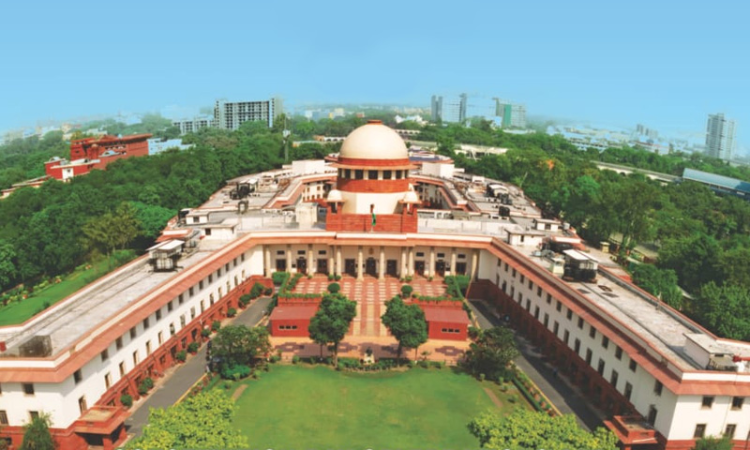Criminal Cases Against MPs/MLAs: Amicus Curiae Seeks Constitution Of Monitoring Committee For CBI, ED & NIA Cases
Srishti Ojha
4 Feb 2022 10:13 AM IST

"Pending Cases Against MPs/MLAs Increased From 4122 to 4984 In 2 Years, More Persons With Criminal Antecedents Occupying Seats In Parliament" Amicus Tells Supreme Court
Next Story


